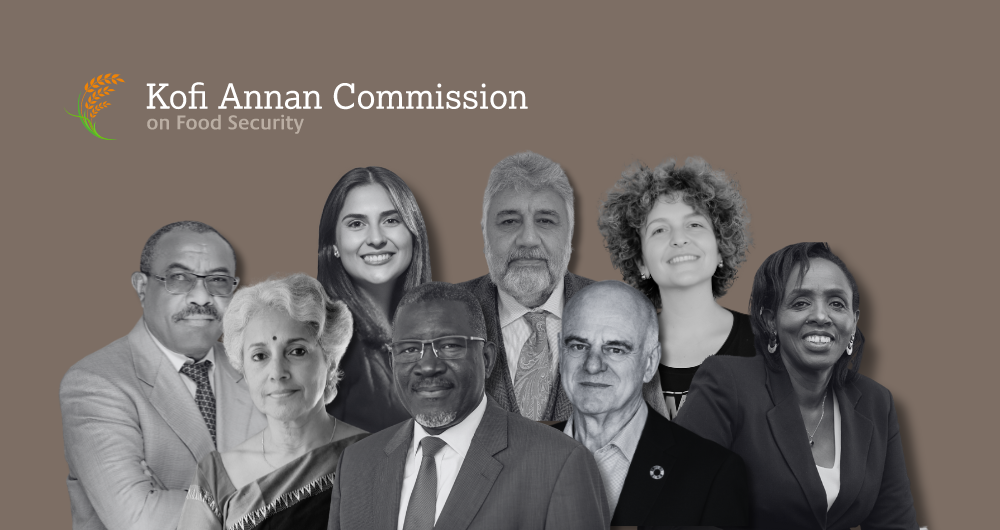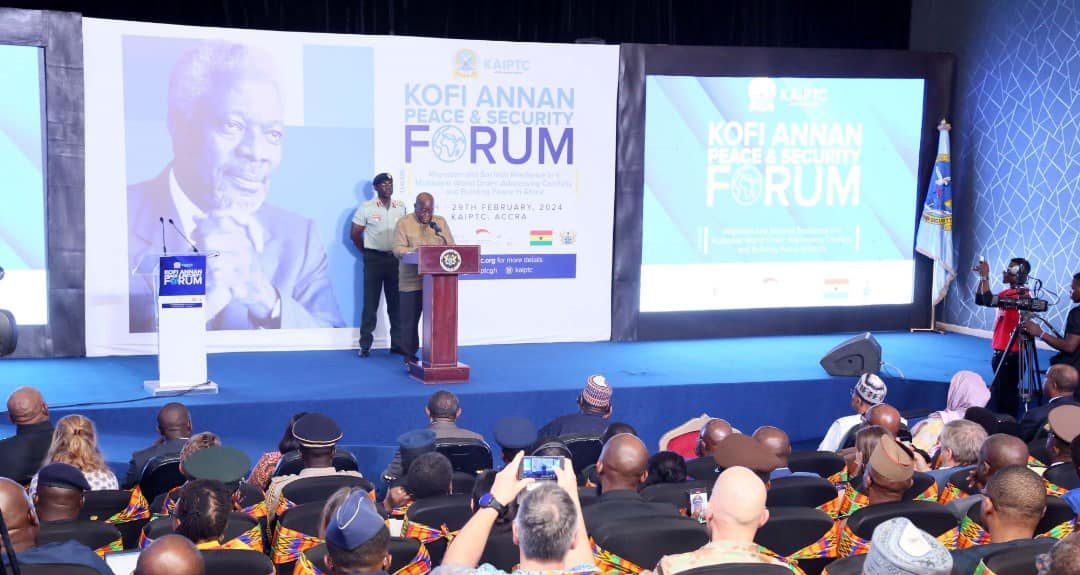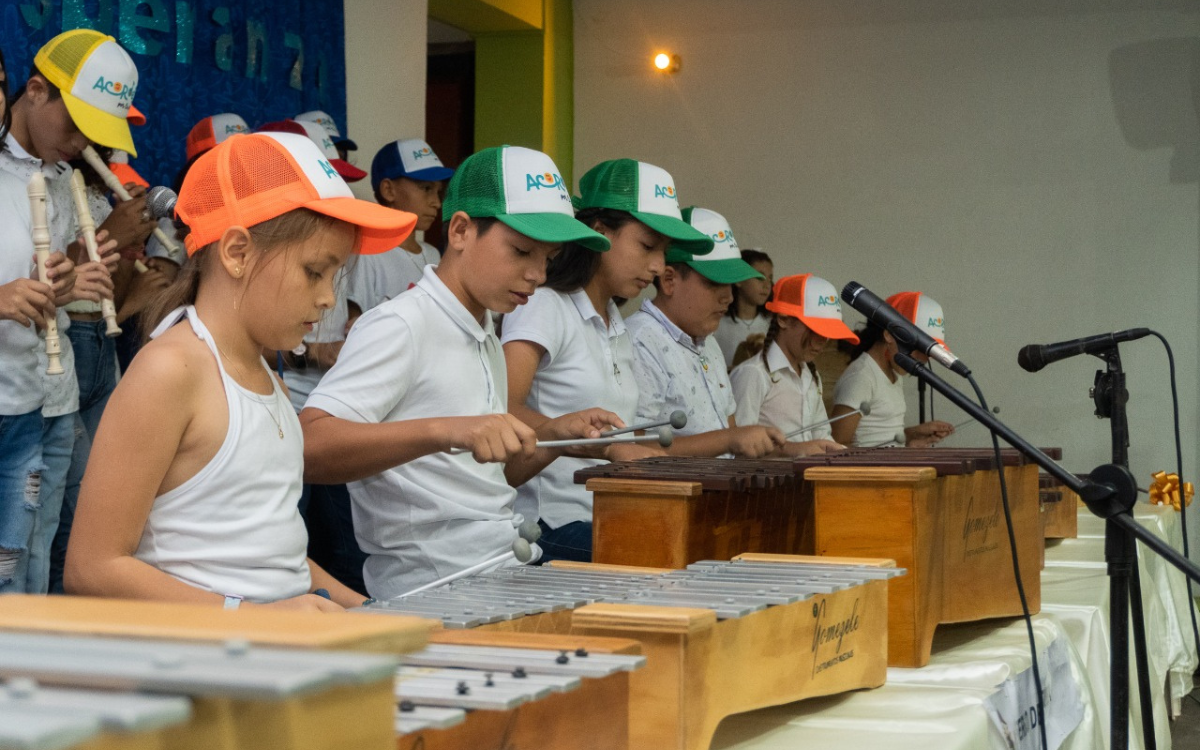Global Summit for Electoral Democracy: What needs to be done to protect the future of our democracies?
Democracy is in retreat and has been so globally since 2006. According to the latest Democracy Report (by the V-Dem Institute of the University of Gothenburg), the level of democracy enjoyed by the average global citizen in 2021 was down to 1989 levels. 70% of the world population (5.4 billion) now lives under dictatorial rule. And, even in democracies, challenges persist. Traditional political institutions are perceived by many to lack inclusivity and are unable to respond to the needs of citizens.
70% of the world population (5.4 billion) now lives under dictatorial rule.
Young people continue to be disenfranchised and disillusioned by democracy. People under 30 comprise more than 50% of the global population – yet they are rarely included in democratic processes and high-level decision-making, leading to diminishing confidence in democracy and electoral processes in general among young people. Furthermore, Digital technologies are detrimental to social cohesion, democracy and electoral processes.
Consequently, it is of utmost importance to create a synergy among international organisations, electoral authorities, and bodies from around the world to promote intellectual and institutional mobilisation to strengthen electoral democracy worldwide. This is the primary goal of the Summit for Electoral Democracy, organised by the Instituto Nacional Electoral (National Electoral Institute of Mexico), through the conduction of regional Forums in Africa, America, Asia, Europe, and countries of the Arab States, which took place between June and August 2022, culminating with the Global Forum, which took place in Mexico City 20-22 September 2022.
The Global Forum provided a platform for reflection, debate, and proposals on the significant challenges that democratic regimes face today, in particular, related to the independence, autonomy, and credibility of electoral management bodies as a critical element for the integrity of elections and their results, as well as for the democratic governance of our societies.
Senior Programme Manager Teresa Levigne (centre) with Manuel Carrillo Poblano (left), Coordinator International Relations, National Electoral Institute (INE) and Lorenzo Córdova, President Councillor of the National Electoral Institute (INE), during the Global Summit for Democracy in Mexico City, 20-23 September 2022
Main Conclusions and Proposals from the Global Summit
Below is a translation of the original conclusion document from the Global Summit for Democracy
1. Democracy is valued in all regions of the world as the form of government and social coexistence that protects individual and collective liberties and rights by subjecting the State apparatus to human dignity through the abidance to the rule of law as the fundamental tool.
2. The problems of democracy can only be solved through more and better democracy. While there are questions raised against democratic leaders because they have not clearly and effectively articulated the ideological currents and addressed the prevailing social needs and the serious structural problems currently faced, democracy continues to be the best bet contemporary societies can make.
3. The persistence and worsening of many structural problems have resulted in the loss of confidence in democratic institutions, which has paved the way for political forces and leadership with strong authoritarian and populist inclinations.
4. The tendencies toward the concentration of power, at the expense of its separation and equilibrium, have the perverse effect of shrinking or suppressing spaces required for the public, critical, and informed debate and for the whole exercise of fundamental rights and freedoms, like those of association and expression. Additionally, they foster the attempts to control or seize autonomous institutions that are indispensable for the effective accountability of government performance. Both risks are present in representative democracies around the world to a greater or lesser degree.
5. There is broad consensus on the need to face these challenges collectively and coordinately by joining the efforts of the broadest range of institutions, organisations and sectors who share democratic ideals and values and encourage their own fields of action. That requires greater democracy, better institutions, and empowered citizens.
6. The impartiality and independence of electoral management bodies guarantees the exercising of political rights, and the integrity of electoral processes are critical elements in preserving and strengthening the democratic order.
7. Since some undertakings to breach the independence and impartiality of electoral management bodies are noticeable, there is agreement on the need to build support networks to uphold electoral integrity, curb and denounce harassment against electoral authorities and counter the doubting of the legitimacy of elections made using narratives of fraud. Creating safe and practical spaces for dialogue to counter the use of polarisation as a political strategy is also essential.
8. There is consensus on the need to further civic and democratic education. Free and fair elections are not being partnered with a systematic and vigorous effort of democratic education which would be essential for rescuing democratic values, institutions and practices related to 21st-century attitudes, values, and skills.
9. In its many forms and expressions, violence looms as a threat to democracy. In some regions, organised crime is a disruptive factor threatening civil liberties and the free exercise of political rights. It is urgent to make a common front against this challenge.
10. While efforts to promote gender equality are acknowledged, there is still a need to further women’s political participation and representation and prevent, curb, and eradicate gender-based political violence. Even though there have been formal advancements in the matter, fundamental asymmetries between men and women continue to exist in the public and private spheres due to cultural inertia.
11. Fake news and disinformation campaign have a significant disruptive capacity that erodes democratic coexistence and complicates the performance of electoral authorities and guarantors of electoral integrity. Hence, the importance of adopting pre-emptive and proactive strategies and re-building a civic space with measures that inform and hold accountable the actors.
12. Contemporary society continues to be more plural and diverse. Democratic systems ought to be as inclusive as possible and guarantee the political rights of all social groups (women, youth, indigenous peoples, persons with disabilities, persons with diverse gender identities, and others).
13. All institutions organising the Global Summit for Electoral Democracy agree on the importance of continuing this reflection, analysis, and efforts to strengthen electoral democracy and commit to conducting the necessary consultations and arrangements to accomplish it.



